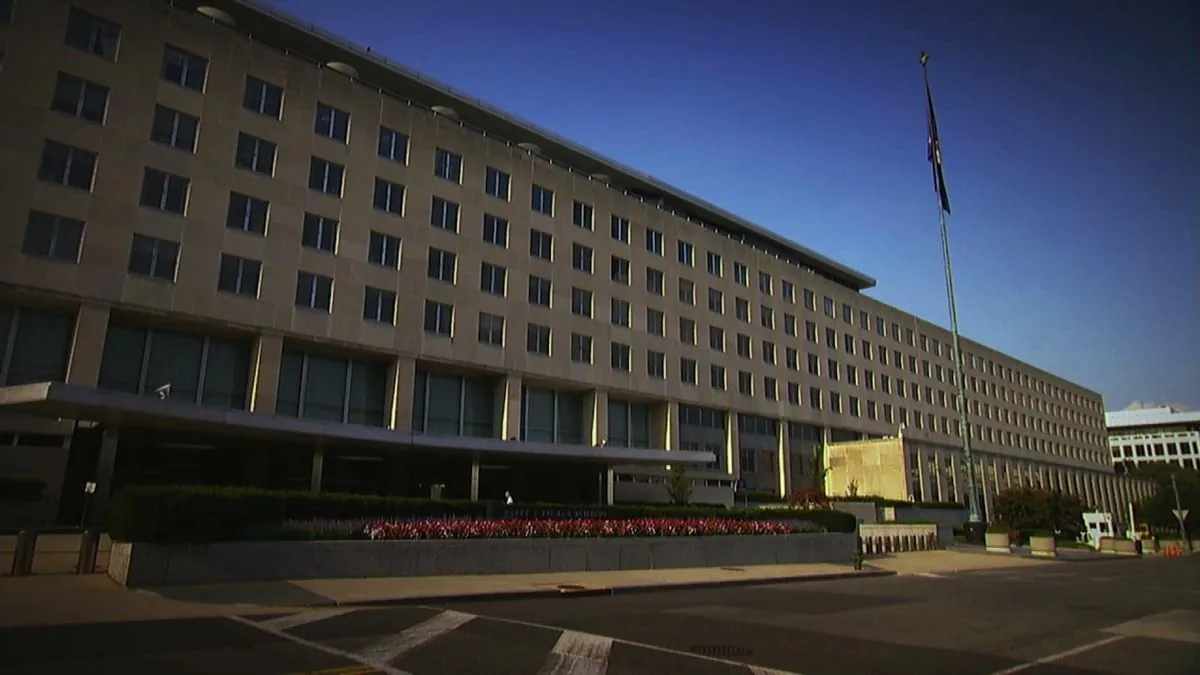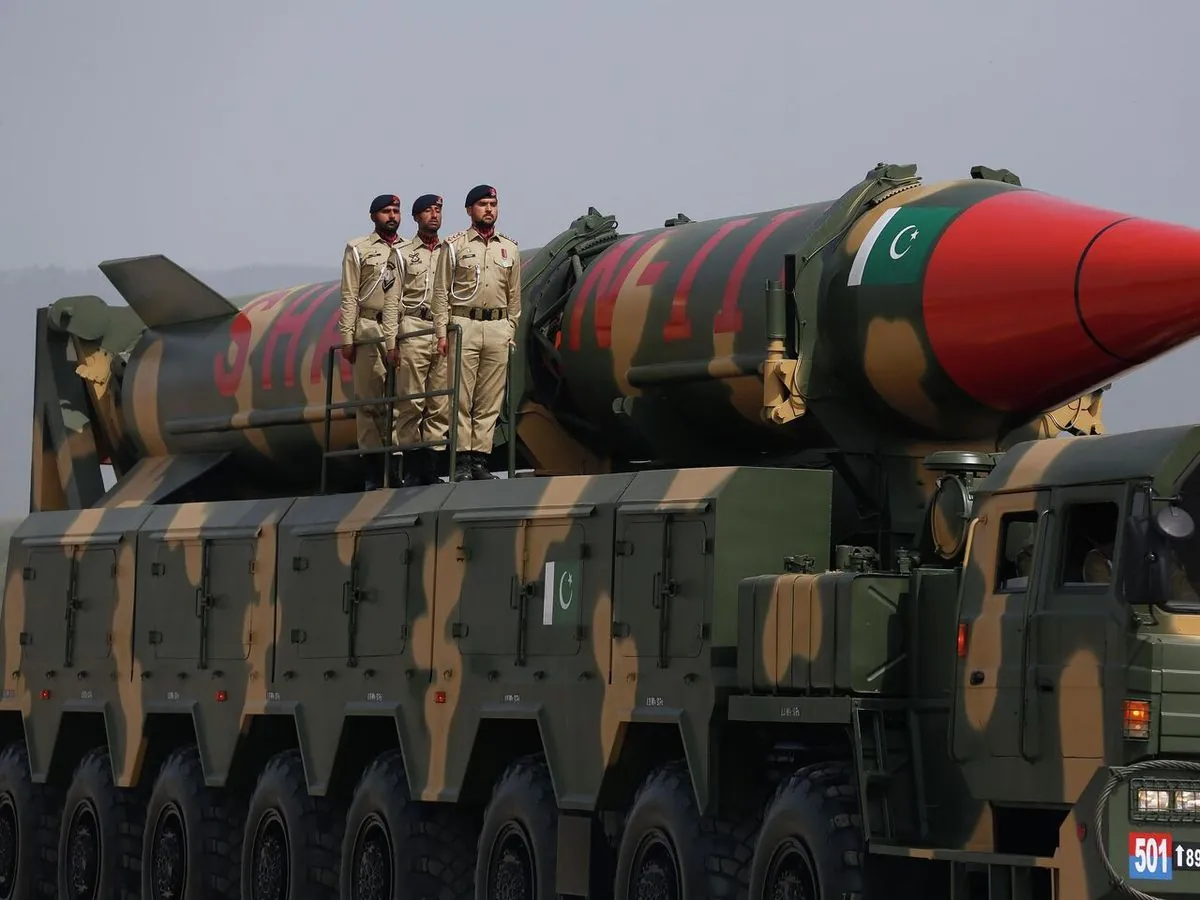U.S. Sanctions Chinese Entities Over Pakistan Missile Program Support
The U.S. State Department has imposed sanctions on Chinese companies and a research institute for supporting Pakistan's ballistic missile program. This action follows similar sanctions from October 2023.

The United States has taken action against entities allegedly supporting Pakistan's ballistic missile program. On September 12, 2024, the U.S. State Department announced sanctions targeting several Chinese companies and a research institute for their involvement in supplying Pakistan's missile development efforts.
Matthew Miller, spokesperson for the State Department, stated that the Beijing Research Institute of Automation for Machine Building Industry had collaborated with Pakistan to acquire equipment for testing rocket motors. This equipment was reportedly intended for use in the Shaheen-3 and Ababeel missile systems, with potential applications in larger systems as well.
The Shaheen-3 is a medium-range ballistic missile with a range of 2,750 km, while the Ababeel is capable of carrying multiple independently targetable reentry vehicles (MIRV). Pakistan first successfully tested the Shaheen-3 in March 2015, followed by the Ababeel's inaugural test launch in January 2017.

The sanctions also extend to three China-based firms: Hubei Huachangda Intelligent Equipment Co, Universal Enterprise, and Xi'an Longde Technology Development Co. Additionally, a Pakistan-based company, Innovative Equipment, and a Chinese national were targeted for knowingly transferring equipment subject to missile technology restrictions.
This recent action follows similar sanctions imposed in October 2023 on three China-based companies for supplying missile-applicable items to Pakistan. The U.S. government's persistent efforts reflect its commitment to countering proliferation and associated procurement activities globally.
The ongoing concerns about China's support for Pakistan's missile program are not new. The United States has been wary of this collaboration since the 1980s, particularly in relation to nuclear capabilities. It's worth noting that Pakistan is not a signatory to the Nuclear Non-Proliferation Treaty (NPT), which adds to international apprehensions.
These sanctions fall under the purview of the U.S. State Department's Bureau of International Security and Nonproliferation (ISN), which leads efforts to prevent the spread of weapons of mass destruction. The actions align with international agreements such as the Missile Technology Control Regime (MTCR), established in 1987 to control the export of missiles and related technologies.
China, despite joining the Nuclear Suppliers Group (NSG) in 2004, continues to face scrutiny over its military cooperation with Pakistan. This partnership dates back to the 1960s and has been a source of tension in international relations.
The U.S. State Department's actions underscore the complex geopolitical landscape surrounding missile technology and nuclear proliferation. As Matthew Miller emphasized, "The United States will continue to act against proliferation and associated procurement activities of concern, wherever they occur."
"As today's actions demonstrate, the United States will continue to act against proliferation and associated procurement activities of concern, wherever they occur."
At the time of reporting, the embassies of China and Pakistan in Washington had not responded to requests for comment on these sanctions.


































